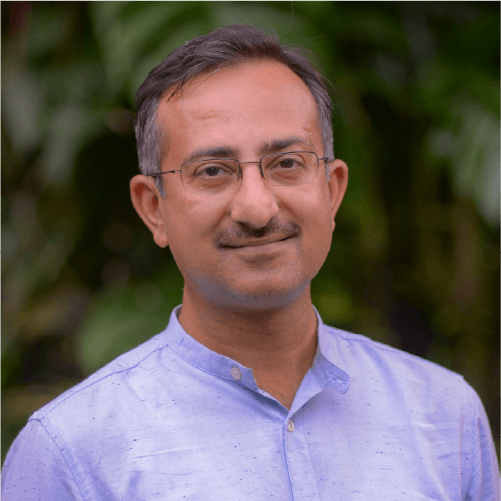Description
Blue Carbon Ecosystems store up to 50% of blue carbon despite only representing 0.5% of the ocean floor. These BCEs are also considered the three main actionable ecosystems for climate change mitigation because: 1) they store large amounts of carbon despite their small area, 2) this carbon can remain for 1000’s of years if the BCE is left intact, and 3) they are amenable to restoration or conservation actions that can increase or maintain their carbon stocks. Intact seagrass meadows, mangrove forests, and temperate salt marshes are tremendously important for climate change mitigation through the removal and storage of carbon in their biomass and soils. These ecosystems provide South Asian coastal communities with food, fiber, fuel, protection from tsunamis and cyclones, and are essential to marine and coastal biodiversity.
CIFOR-ICRAF works at the nexus of five interconnected areas where trees can make a difference: Biodiversity, Climate, Value chains, Food and Equity. Trees connect land and climate, farms and forests, economies and resilience, and people and planet. CIFOR-ICRAF connects science with action, creating solutions from the ground up through inclusive partnerships, transdisciplinary research, and demand-driven innovation. Since 2012, CIFOR-ICRAF and the USDA Forest Service (USFS), with support from the US Agency for International Development (USAID), have collaborated on the Sustainable Wetlands Adaptation and Mitigation Program (SWAMP). In 2023, USFS and CIFOR-ICRAF expanded their collaboration on BCEs through an ongoing mangrove monitoring program in India. This work will leverage the knowledge gained through the ongoing ecological monitoring research project conducted through the CIFOR-ICRAF and USFS SWAMP collaboration in the India, Palau, Cambodia, and other countries for expansion in Sir Lanka and the Maldives. CIFOR-ICRAF will serve as primary regional partner and will provide technical, programmatic, logistical, financial, and operational support of program activities in Maldives and Sri Lanka.




















